As October surprises go, the potential shocker David Petraeus predicts in his interview with Politico’s Playbook doesn’t exactly register on the political Richter scale. The former four-star general and hero of the “surge” in Iraq keeps busy with a career at a private equity firm, but still keeps his hand in global policy and developments, so one might expect Petraeus to foresee an earth-shaking event. The “surprise” he predicts, however, will almost certainly have no impact at all on domestic politics:
An October surprise could be coming: “The surprise could be that Mosul falls earlier than had been predicted. And that means that Iraqi authorities need to accelerate the plans for subsequent governance in Mosul city and Ninevah Province, both of which are arguably the most complex in ethnic, sectarian, and tribal makeup in Iraq (as I explained in a recent piece in the Washington Post) … I learned a lot about the ‘human terrain’ in Ninevah during our first year in Iraq when I was privileged to command the 101st Airborne Division in that area; there are enormous challenges there, and it is going to be an, exceedingly difficult task for the Iraqi government, even with full coalition support, to resolve those challenges to ensure that conditions are not set that lead to the rise of ISIS 3.0.”
To be fair, the “October surprise” appears to be more a construct of the interviewer rather than the subject. Politically speaking, an October surprise refers to a manipulated event intended to impact the trajectory of a presidential election. Ronald Reagan’s team worried about Jimmy Carter cutting a deal to free the hostages in the last few days of the 1980 election as an October surprise, for instance, and twelve years earlier, Richard Nixon worried that LBJ would announce a truce with North Vietnam to boost Hubert Humphrey. Nothing happened in 1980, and in 1968 an announced halt by LBJ of “enhanced bombing” only gave Humphrey a momentary lift.
Petraeus appears to be discarding the political aspect and responding in the context he knows. A rapid collapse of ISIS in Mosul and in the Nineveh province would indeed be a surprise, as ISIS has entrenched itself there and made Mosul its second most important city after Raqqa. That might actually have some political implications here at home, as it would make the Obama administration’s efforts (which Petraeus praises after noting it took too long for the US to take ISIS seriously) look more competent. But the upcoming election won’t be won or lost over the issue of the Iraq war or even the post-Bush policies. It’ll matter to the hawks, but won’t be their highest priority either.
Discarding the political aspect of the question might have been Petraeus’ point. He also tells Politico that he’s “tried to be as non-partisan as possible,” offering advice to figures in both parties and staying out of the endorsement business. He says that he doesn’t want to “second-guess my old battlefield comrades” John Allen and Michael Flynn for their political engagement, but it’s clear that he doesn’t want to participate in the electoral arena.
An early exit of ISIS from Mosul and Nineveh would be great news, especially for the people who live there. For the people who used to live there — especially the Christians — it might not work out as well. Will the current Iraqi government, under pressure from their Iranian allies and hostile to the non-Shi’ite populations, make a reconstitution of Christian, Yazidi, and moderate Sunni communities possible? The odds seem stacked against it, which is why Petraeus seems more pessimistic about this potential “October surprise” than one would presume.



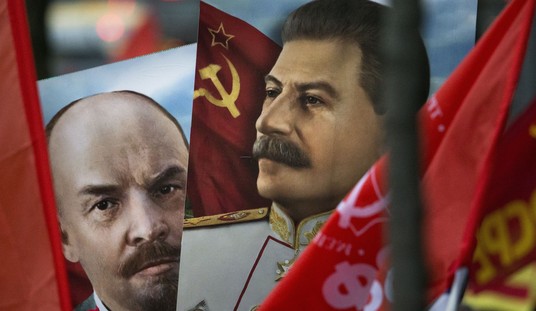
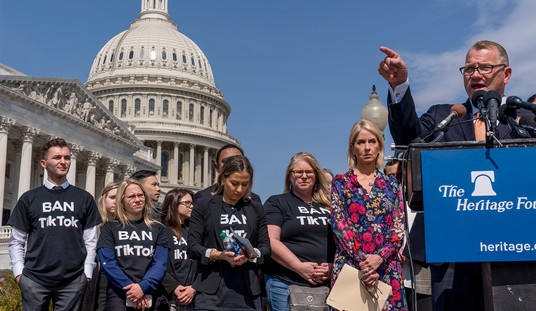
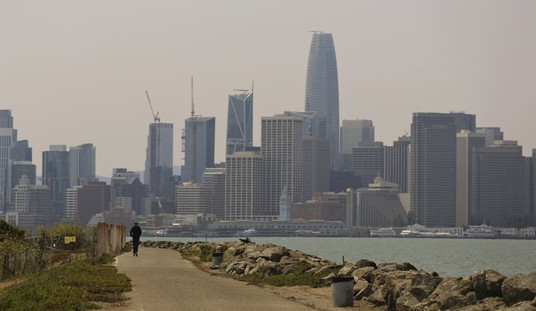

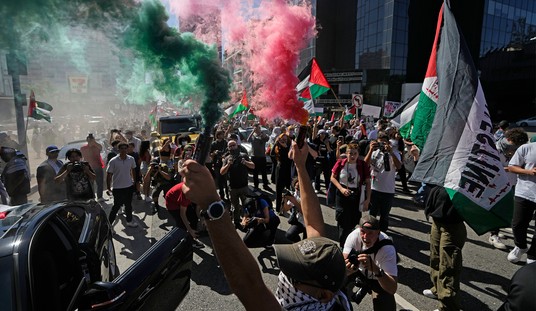
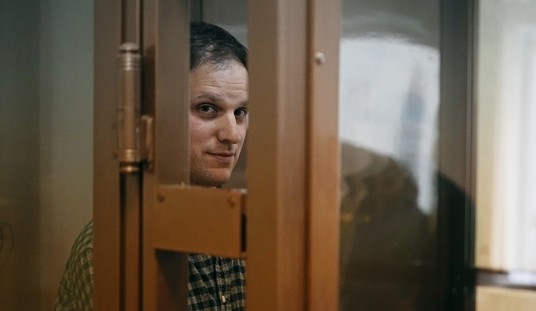
Join the conversation as a VIP Member